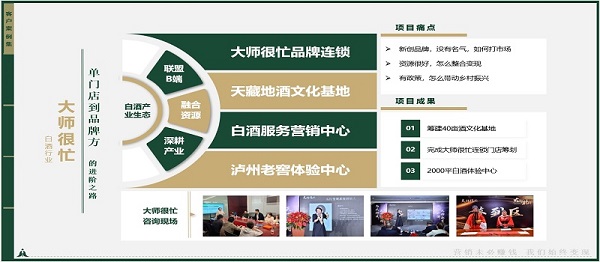品牌战略的核心目标
Brand strategy is a systematic plan aimed at achieving long-term competitive advantages and market influence for a brand. Its key objectives include establishing brand awareness, enhancing brand value, fostering customer loyalty, differentiating from competitors, and driving sustainable business growth. Through precise positioning and consistent communication, brands can occupy a unique position in consumers' minds, thereby creating lasting commercial and social value.

品牌认知的建立路径
Brand awareness is the foundation of brand strategy. By integrating multi-channel marketing tools—such as advertising, social media, and public relations—brands can efficiently reach target audiences. Additionally, creating memorable visual symbols (e.g., logos, colors) and core messages helps consumers quickly identify and recall the brand. Continuous exposure and emotional resonance are key to deepening brand impressions.
品牌价值的衡量维度
Brand value is not only reflected in financial performance but also in intangible assets such as consumer trust and market reputation. Quantitative metrics include market share, pricing power, and customer lifetime value, while qualitative evaluations focus on brand reputation and social responsibility. Through innovation and quality assurance, brands can continuously enhance their intrinsic value and external recognition.

客户忠诚度的驱动因素
Customer loyalty stems from consistent product experiences and emotional connections. Personalized services, membership systems, and post-purchase interactions can strengthen consumer relationships. Brands should also actively respond to feedback and optimize experiences to build long-term trust. In a competitive market, loyalty is a critical barrier against customer churn.

差异化竞争的实施策略
Differentiation requires brands to identify unique selling points (USPs) that competitors cannot easily replicate. This may involve technological innovation, niche market focus, or cultural storytelling. By aligning differentiation strategies with consumer needs, brands can avoid homogeneous competition and occupy a specific market segment.
业务增长与品牌战略的协同
Brand strategy must align with business goals, such as expanding into new markets or launching product lines. strong brand can reduce the cost of entering new markets and increase consumer acceptance of new offerings. Meanwhile, data analysis and market insights should guide the iterative optimization of brand strategies to ensure they adapt to changing environments.































